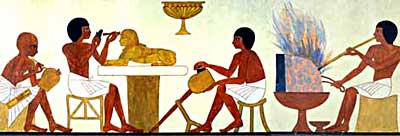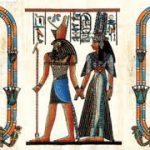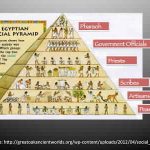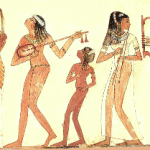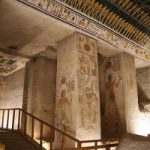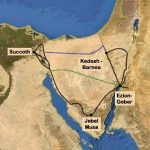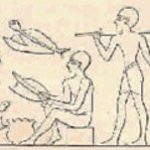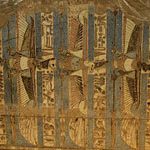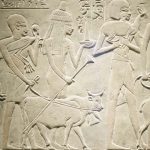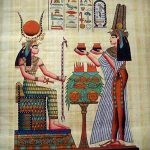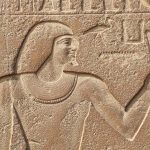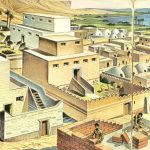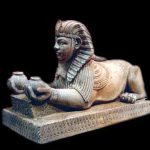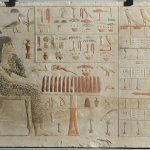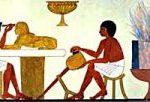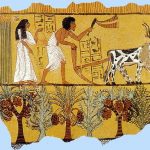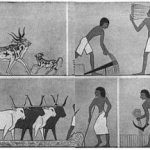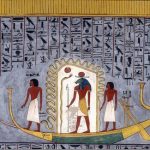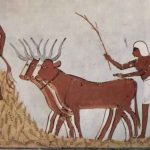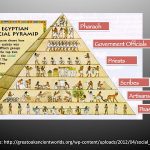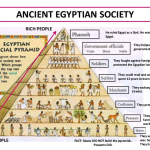As with other contemporary civilizations, ancient Egypt’s economy was dependent on a mix of both unskilled and skilled labour. How ancient Egypt organized its labour force was one of the contributing factors to its enduring survival.
There were many different careers available in ancient Egypt, ranging from working the fields to brewing, to scribing documents, through to providing medical care and soldering in the army. Over its 3,000 years, the ancient Egyptian empire proved to be remarkably resilient in part to how it mobilized its labour force for major construction projects without jeopardizing its agricultural production.
Facts About Jobs in Ancient Egypt
- Ancient Egypt was a barter economy until the Persian invasion of 525 BC and workers were paid in goods rather than cash for their work
- Most Egyptians took on their family occupation as social mobility was severely constrained
- Jobs ranged from agriculture to mining, to the military, brewing, baking, scribing, medicine and the priesthood
- The job of a scribe was one of the few jobs in ancient Egypt, which offered opportunities for social advancement
- Each year during the annual Nile floods, many farmers worked as labourers on the Pharaoh’s construction projects
- Bureaucrats were expected to politely follow strict rules of etiquette, providing the basis for today’s “civil servant” concept
- Priests in ancient Egypt were allowed to marry and their position was often hereditary
A Barter Economy
In ancient Egypt, people farmed, hunted and harvested the vast marshlands. They traded their surplus to the Pharaoh’s government who redistributed it to workers on its epic construction projects and to those in need during times when the annual harvest was poor. There was no cash economy until the Persian invasion of c. 525 BCE.
Agriculture and ancient Egypt’s farmers were the foundation of ancient Egypt’s economy. Their harvests effectively sustained the entire economy from the administration through to the priesthood.
Ancient Egypt’s Slave Economy
Surviving documents and inscriptions suggest that until Egypt’s conquest by the Greeks there were comparatively few slaves in ancient Egypt. Only the wealthiest Egyptian could afford to purchase slaves to work in their households and most of these slaves were prisoners of war.

Many slaves in ancient Egypt found themselves working as field labourers, as miners, as household slaves, as gardeners and stable hands or watching children. While slavery may have been rare, many ancient Egyptians had scarcely more freedom than those slaves. If they worked land owned by the nobility, they typically surrendered their harvest to their overlords. Moreover, their labour could be rented or sold together with those fields.
Working Class Jobs
Working class occupations were similar to jobs typically carried out by domestic slaves.
 However, ancient Egyptian citizens enjoyed legal rights and there were some albeit limited opportunities for social advancement given dedication, skill and diligence. Workers were paid for their labour, enjoyed free time and were free to make their own decisions about marriage and children.
However, ancient Egyptian citizens enjoyed legal rights and there were some albeit limited opportunities for social advancement given dedication, skill and diligence. Workers were paid for their labour, enjoyed free time and were free to make their own decisions about marriage and children.

